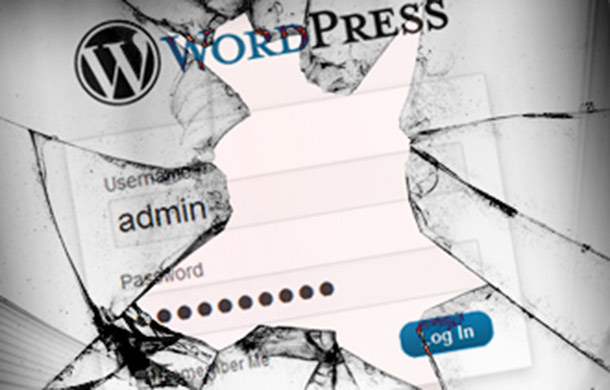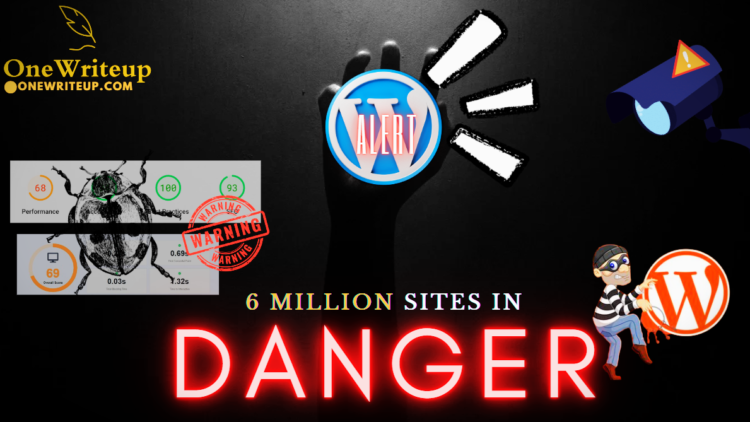What’s the bug all about?
The core issue stems from the way LiteSpeed Cache manages its data and permissions. Typically, caching plugins store static versions of web pages to allow faster loading times when users visit a site. However, the vulnerability in question allows unauthorized individuals to bypass security measures and gain access to restricted areas of a website. Hackers could exploit this flaw to manipulate the site, steal sensitive information, or cause widespread disruptions.The security flaw, which is an unauthenticated privilege escalation, was discovered in the LiteSpeed Cache plugin’s user simulation feature. It is caused by a weak security hash mechanism in LiteSpeed Cache versions up to and including 6.3.0.1.

Understanding the Risk: –
The potential consequences of this vulnerability are significant. Websites compromised by this exploit could see their data stolen or manipulated, including sensitive customer information, business records, or financial details. Additionally, hackers could inject malicious code into the site, infecting visitors’ devices or redirecting them to malicious websites. This could lead to serious reputational damage for the site owner, along with financial losses and legal consequences, particularly if the site stores personal data from users.
Figuring out the scale of Bug: –
The sheer scale of this vulnerability is another cause for concern. With over 6 million websites using the LiteSpeed Cache plugin, the number of sites at risk is substantial. These include a wide variety of websites, from personal blogs to large e-commerce platforms and company websites. Each of these sites, regardless of its size or purpose, is equally vulnerable to exploitation through this flaw, highlighting the far-reaching impact of the issue.

Mitigation of the Bug: –
In response to the discovery of this bug, LiteSpeed Technologies, the developers behind the plugin, have moved swiftly to address the problem. They released a patch to fix the flaw and prevent further exploitation. Website owners using LiteSpeed Cache are urged to update their plugin to the latest version immediately. However, this incident underscores the importance of keeping software up to date and maintaining a strong focus on website security. Outdated plugins or ignored security advisories can quickly lead to breaches.
Conclusion:-
Ultimately, the LiteSpeed Cache vulnerability is a stark reminder of how vital it is for website administrators to stay vigilant when it comes to security. Regular updates, backups, and security checks are essential to protecting websites from evolving threats. While LiteSpeed Technologies has acted quickly to patch the problem, the incident shows how quickly a popular tool can become a weak point for millions of users. Website owners should take the necessary steps to secure their sites and reduce the risk of future attacks through these bugs.
Thank you for reading!😊 If you’re interested in learning more about cybersecurity, check out this article on 9 best bug bounty tools for more insights.










